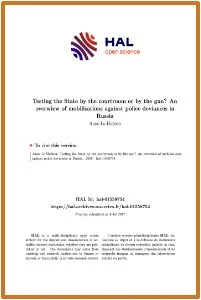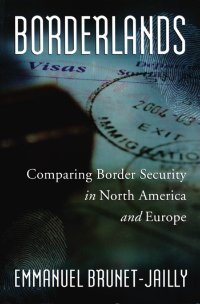By Katherine Hood, Daniel Schneider
Despite growing interest in bail and pretrial detention among both academic researchers and policymakers, systematic research on pretrial release remains limited. In this article, we examine bail and pretrial release practices across seventy-five large U.S. counties from 1990 to 2009 and look at the contextual correlates of bail regime severity. We find tremendous intra-county variation in bail practices, as well as a nationwide decline in the use of nonfinancial release and doubling of bail amounts during this period. This variation is not accounted for by differences in case composition across jurisdictions or over time. Patterns of bail practices are associated with political, socioeconomic, and demographic factors, however. Implications of these findings for future research on bail and pretrial detention are discussed.
RSF: The Russell Sage Foundation Journal of the Social Sciences, Vol. 5, No. 1, (February 2019), pp. 126-149







